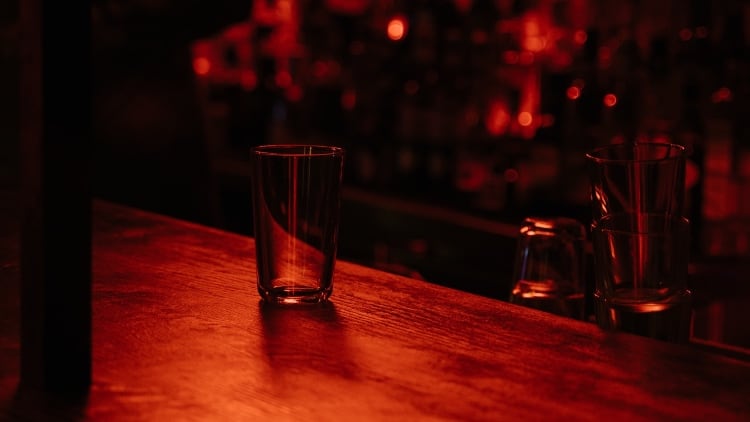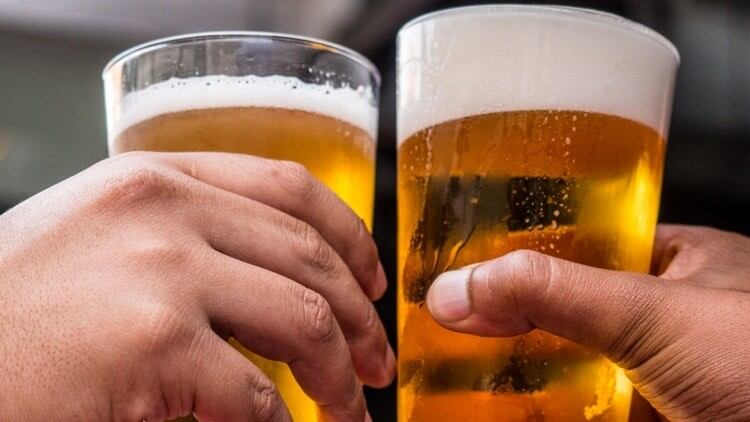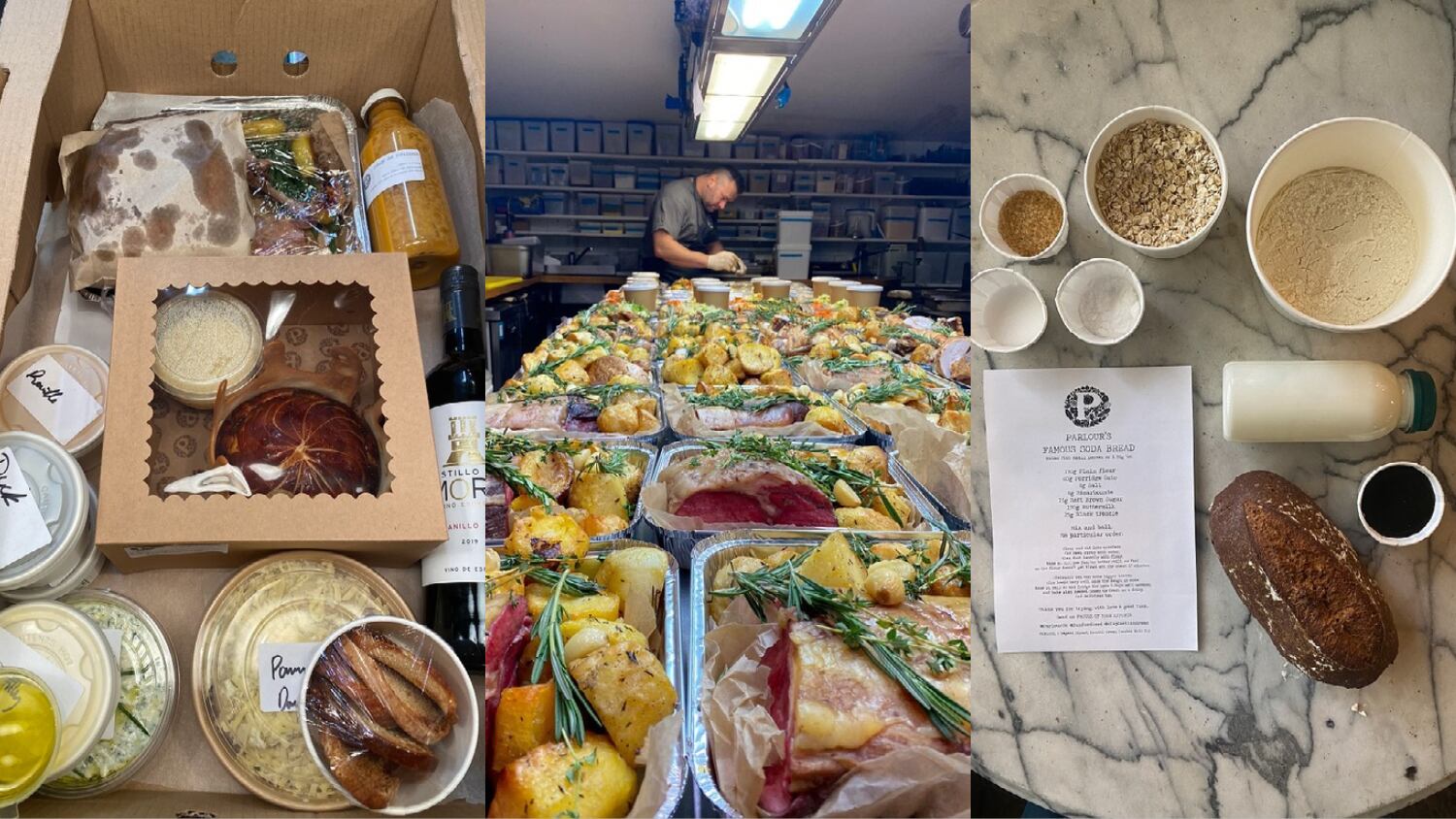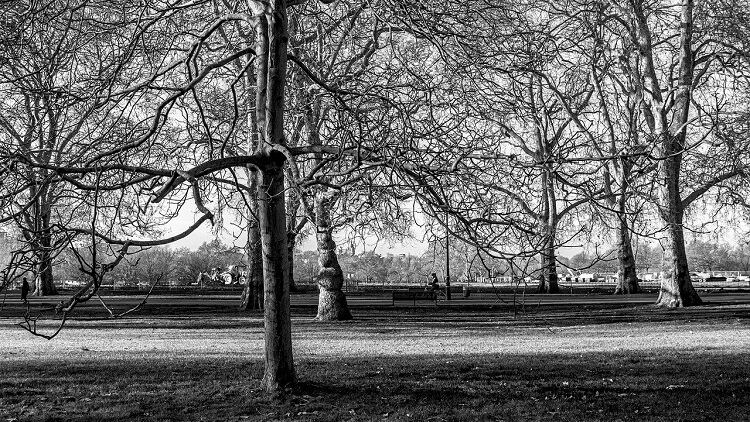Just as well, you might say – reflecting on the year that has just passed would be a little like peering in your rear view mirror while only half-way through a multi-car pile-up.
And yet it is difficult at the moment to look forward when the future and the past are so inextricably entwined.
There have been approximately 300 coronavirus-related statutory instruments since March 2020, many of which have affected the licensed sector, and some of which have effectively switched the lights off for many licensed businesses.
Remember back in the months of spring and summer last year, when there was legislation allowing pubs and bars to act as takeaways, and the Business & Planning Act was rushed through Parliament, partly to allow licensed businesses to provide off-sales – including for customers to wander down the street with – as well as the fast-track pavement licence system?
Those days seem very long ago.
There is cause for hope, however, and not just because of the vaccination roll-out. The legal landscape, in licensing terms, will be different, both in substance and in form, once we are through this pandemic.
I want to highlight a few areas where the ‘brighter uplands’ Johnson refers to may apply to the hospitality sector.
Cumulative impact policies
Statements of licensing policy are required by law to be reviewed every five years and cumulative impact assessments every three, and some licensing authorities are taking this opportunity to amend them to remove or reduce cumulative impact areas – where the presumption is normally to refuse new applications or those for extended hours.
Trafford, Bournemouth, Bristol and Hartlepool have all done so, removing a significant hurdle for responsible operators. Other councils may follow suit. It is hard to see why not – due to Covid, what evidence can there be (as required by law) to justify the imposition of a cumulative impact zone? How can there be when for the last nine months the high street has to all intents and purposes been a social wasteland?
Late-night levies
Where adopted, the levy scheme applies to those premises licences which authorise the supply of alcohol between midnight and usually 6am. It costs from £299 to £4,440 each year, depending on the rateable value of the property and whether the premises is used exclusively or primarily for the sale of alcohol.
The requirement to pay the levy, where applicable to a premises, is set out in law and councils themselves don’t have much wriggle-room and cannot simply ignore the liability to pay – despite their best efforts in some cases.
Southampton Council has already resolved to remove its levy from April 2021. Others have pursued a pragmatic approach to collection of the levy by suspending or delaying payments.
However, that liability remains – together with the risk of suspension of the licence if it is not paid – and only Parliament can change it.
Southampton’s decision to abolish its levy came in no small part from lobbying by local operators. So, lobby your council to abolish its levy for future years, and lobby your MP for Government to pass legislation allowing councils much greater discretion to cancel sums owed both past and present.
Business and Planning Act
This genuinely de-regulatory legislation, passed (eventually) in late July 2020 opened up the possibility of alfresco drinking and dining to premises either with hitherto only on-licences, or those with off-sales permitted but with restrictions on sealed containers or deliveries, subject to a 2300 cut-off time.
There are corresponding provisions allowing a fast-track pavement licence system, which many operators have already used. The long-stop date for this legislation is 30 September 2021, sufficient for this summer’s trade.
If you haven’t already acquainted yourself with its provisions, now is a good time to do so.
Goodwill
The hospitality sector is one of the most heavily regulated of them all. Licensing legislation; health and safety legislation; fire safety legislation; food and hygiene; data protection; employment law; environmental and noise legislation – the list goes on.
Every personal licence holder in the country has had to sit and pass an exam. Pub and bar operators are used to negotiating a regulatory labyrinth. You understand how important rules are, both in letter and in spirit.
Relationships too, with the police, the licensing authority, your neighbours. A good business is built on trust that goes beyond the black letter of the law and licensees have always known this.
But where there is a lot of regulation there is also a lot of room for interpretation, and this is where the issue of goodwill comes into play.
There is an abundance of sympathy from our partners in the licensing world, mainly the police and licensing authorities, the latter of whom depend very much on the licensed industry, not just for business rates and taxes, but to provide the very vibrancy that makes their local area come alive.
I have seen this translate into applications that would normally have gone to a hearing or been more heavily contested be granted without objections. That is not to say that this will happen in every case, as the obligations on responsible authorities to object where they believe the licensing objectives will be undermined have not changed – and indeed may have increased due to Covid – but there is a great degree of goodwill out there in the licensing world for pubs and bars.
Where the authorities can help they generally seem to be willing to do so. The same rule does not necessarily apply to all local residents, of course, but some things never change.
A personal view
Lastly, and this is not so much a legal observation as a personal one, you may well have tried as I have tried to emulate that “pub feel” with a Zoom or Skype meeting with your friends, all in the comfort of your own home. In case you were ever in any doubt, fear not that this extremely limited form of socialising will ever replace a get together down the pub or bar when the restrictions are lifted.
In philosophical circles there exists the concept of “uncanny valley”, which suggests that humanoid objects which imperfectly resemble actual human beings provoke uncanny or strangely familiar feelings of eeriness and revulsion in observers. Examples can be found in robotics, 3D computer animations and life-like dolls. I have a similar uncanny valley experience with my virtual pub meetings. Seeing my group of friends on one screen – I am afraid my social circle does not extend to two screens or more – simply holds up a mirror to me as to how surreal this all is, and quite frankly how unsatisfactory. So too does the frequent vacating of their seats to go and open another can or bottle. In the olden days they’d be getting me a drink too.
We are all presently living in uncanny valley. The brighter uplands will come and there will be a party the like of which the world has not seen since the 'roaring 20s'. The licences and authorisations you have earned with your previous efforts will entitle you to reap some of the benefits of that party. A party in the real world, with real friends, at real venues.




